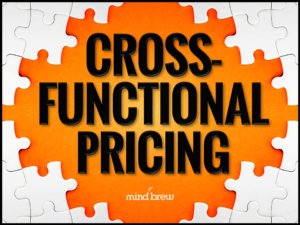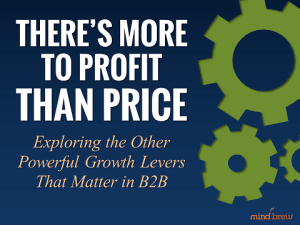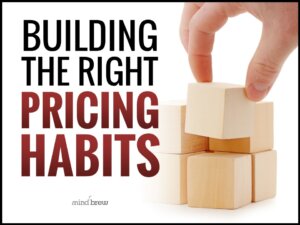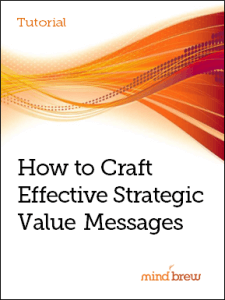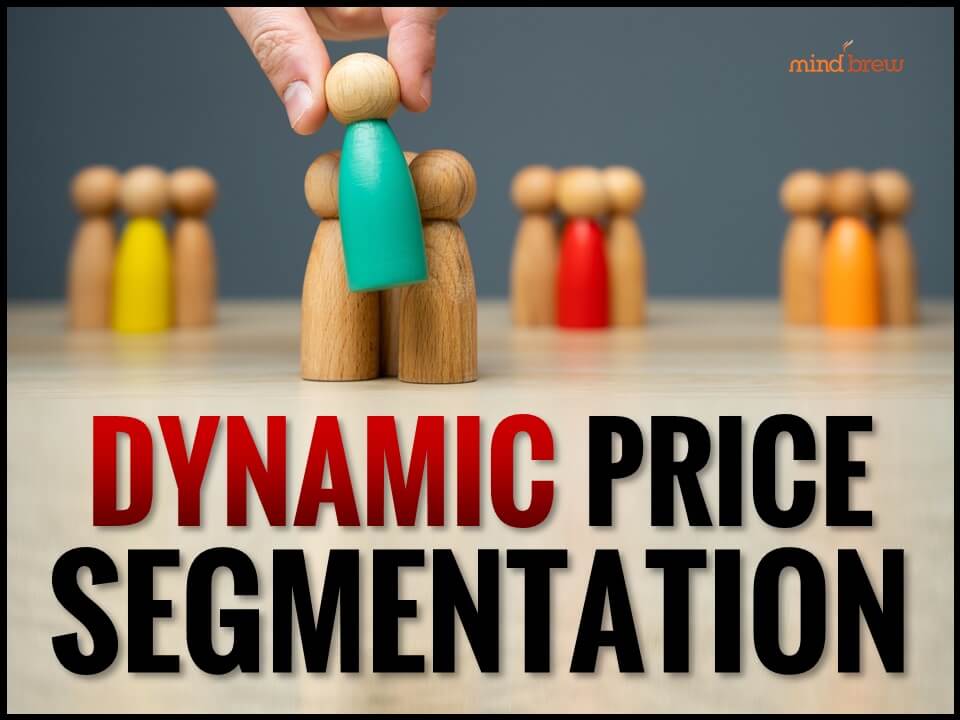Are you a pricing professional? Or are you a business professional who specializes in pricing?
That might seem like semantics, but the answer has some pretty big implications. You see, the most successful pricing practitioners we’ve encountered see themselves as businesspeople first and pricing people second.
Pricing decisions affect — and are affected by — a lot of other business functions: marketing, sales, finance, and supply chain management, to name a few. If you think of yourself as just a pricing person, it’s easy to think only about what’s best for pricing. You can slip into a siloed perspective that’s narrowly focused on one aspect of the business.
But what’s best for pricing might not always be what’s best for the organization as a whole.
Remember, your goal isn’t just to have a successful pricing team — you want to contribute to a successful business. And that requires thinking about pricing in the context of overall operations.
That kind of big-picture thinking might not come naturally to you. But it is something you can learn. To get started, we recommend building these three habits:
- Cross-functional collaboration: The more you engage with other teams and departments, the more you will come to understand their goals and challenges. You’ll be able to put yourself in their shoes and care about the things that they care about. That kind of empathy naturally causes you to consider other perspectives when making pricing decisions. For more advice on how to collaborate well, check out the webinar on Cross-Functional Pricing.
- Have a profitability perspective: Although pricing is a pretty powerful lever for improving profitability, it is just one of many levers that can boost the bottom line. You can apply the same thought processes you use for pricing analytics when considering other approaches to improving your revenue and operating income. For a longer explanation of how this works in practice, see There’s More to Profit Than Price.
- Adopt a consulting mindset: Your pricing team probably doesn’t have complete, direct authority over all aspects of pricing. That can be frustrating — unless you learn to see yourself as a consultant who makes suggestions that can lead to improvement. As a consultant, it’s not your job to fix everything at once. Instead, you can focus on identifying and prioritizing opportunities for improvement. If you aren’t sure what being a consultant means, watch Being an Internal Pricing Consultant.
We cover those habits and 11 more in the Building the Right Pricing Habits webinar. It covers interpersonal behaviors, technical practices, and straightforward steps that can help you improve your skills and advance your career.
And along the way, you just might find that you transform from being just a pricing professional into a business professional who specializes in pricing.

